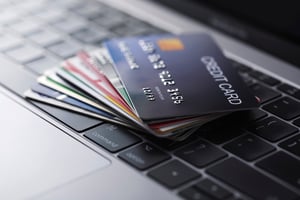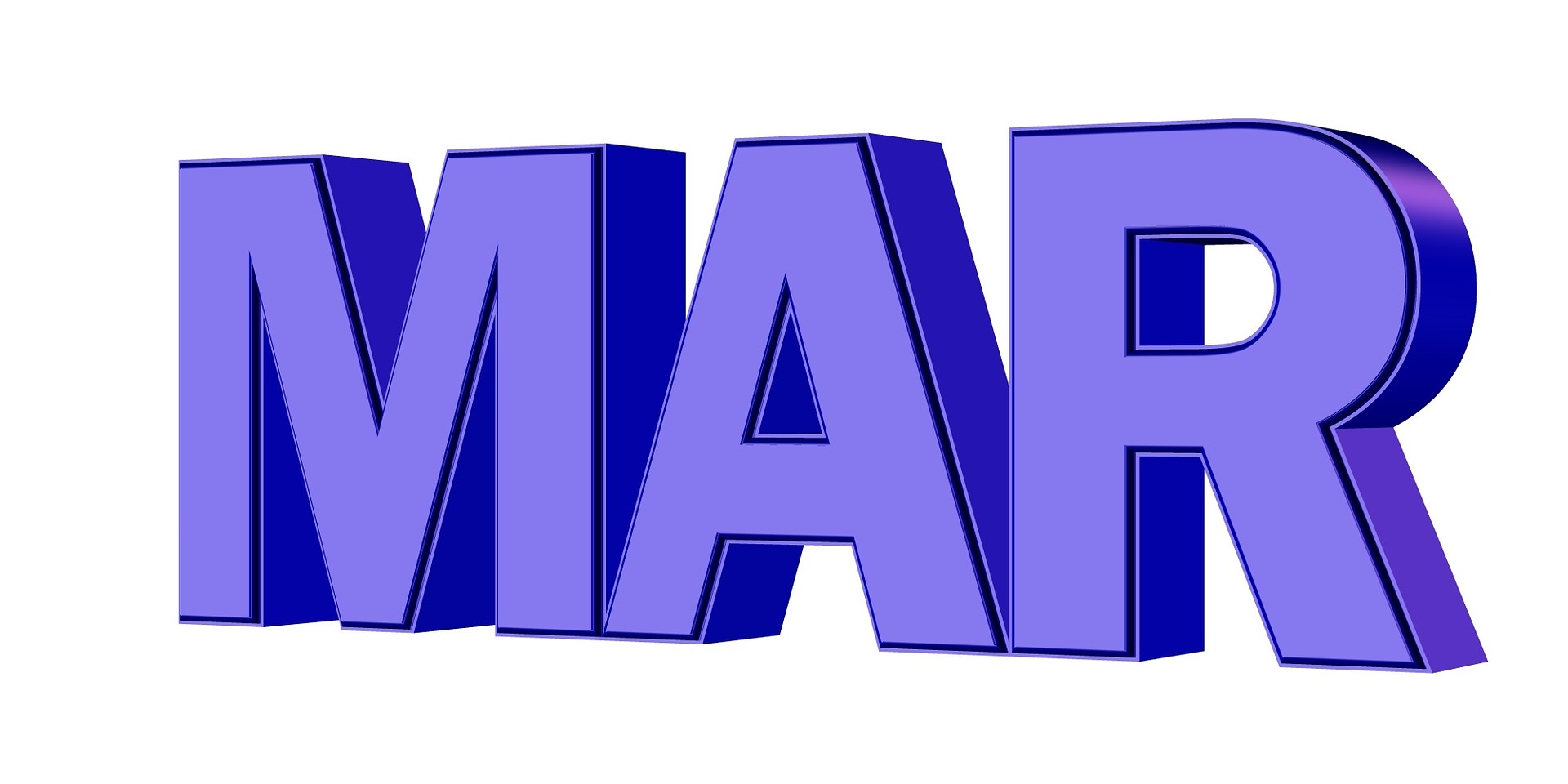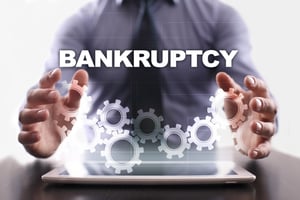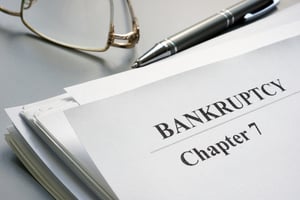Closing of Credit Cards in a Chapter 7 Bankruptcy in St. Paul, Minnesota
A Chapter 7 bankruptcy provides debtors with a new and fresh financial start. It is a remedy that allows debtors to wipe out unsecured debt in approximately 3-4 months. Unsecured debt includes credit card debt, medical debt, and personal loans. A debtor filing a Chapter 7 bankruptcy must list and disclose all known debts in their bankruptcy petition and schedules.
If a debtor has an outstanding balance on a credit card, it is a debt and therefore that credit card must be disclosed under the list of creditors in the debtor’s bankruptcy petition and schedules. If a debtor has a zero balance on a credit card at the time a Chapter 7 bankruptcy is filed, the credit card need not be disclosed since there is no debt associated with that card. However, creditors have a way of being informed of a debtor’s bankruptcy even if they were not listed as a creditor in the debtor’s petition and schedules. For instance, many large lending companies have an electronic information service that they use, which sends them an alert when a customer has filed for bankruptcy. As a result, it is helpful to keep in mind that if there is no balance on a credit card and the credit card company is not listed as a creditor in the debtor’s petition and schedules, the credit card may still close anyway and the debtor will lose the ability to use the card. It is recommended that a debtor obtains one or two new credit cards upon receiving their bankruptcy discharge. Using these credit cards and paying them off each month is a great way for a debtor to rebuild their credit. A debtor will still be responsible for credit card debt after filing a Chapter 7 bankruptcy, if the creditor or the bankruptcy trustee objects to the dischargeability of the credit card debt. In those cases, the debtor will have to pay back that debt on the credit card. There are certain types of purchases that are classified as fraudulent if made with a credit card just prior to filing for bankruptcy. Moreover, if a debtor has a cosigner on a credit card, the Chapter 7 bankruptcy will not relieve the cosigner’s liability on the debt. Only the debtor filing a Chapter 7 bankruptcy can be relieved of their debt on the credit card. Cosigners will remain obligated to pay the credit card bills.
CALL NOW FOR A FREE STRATEGY SESSION FROM A MN BANKRUPTCY LAWYER AT LIFEBACK LAW FIRM
To learn more about how credit cards are handled in a Chapter 7 bankruptcy and which types of transactions and purchases to avoid with a credit card prior to filing for bankruptcy, come see us at our new office in St. Paul, Minnesota, or come visit us at LifeBackLaw.com!







